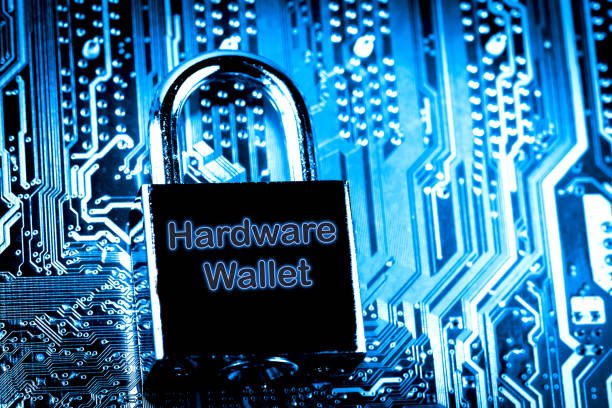HARDWARE WALLET
The funds held by users in wallets that are stored on internet-connected computers or mobile devices are susceptible to a variety of attacks. On these gadgets, malware can spot crypto-related activity and steal the users' money.
A hardware wallet resembles a little slot in an impregnable vault. The user must push a transaction through the slot in order for the network to accept it. Consider an elf performing some cryptographic magic on the other side of the slot to sign the transaction. Because there is no door and the elf cannot fit through the slot, it will never exit the vault. It is only capable of accepting transactions and pushing them out again.
You will have additional security in the form of a PIN number even if someone manages to get a hold of your hardware wallet. If the incorrect combination is entered a predetermined number of times, devices frequently reset.
Cold storage is the best place to keep money that isn't actively being used, such as money that isn't being spent, staked, lent, or traded. A hardware wallet offers users, even those with no technical expertise, a practical way to accomplish this.
Backups of hardware wallets are necessary in case of loss, theft, or devastation. A list of words that can be used to recover funds on a new device's initialization will frequently urge the user to record their seed phrase. Given that anyone can use their coins, it should be handled with the same care as other valuables. Users are advised to record these on paper (or etch them into metal) and store them in a secure area.
Users should familiarize themselves with their options before looking for a hardware wallet. Several devices are available, each with a unique feature set, set of supported cryptocurrencies, and learning curve.
